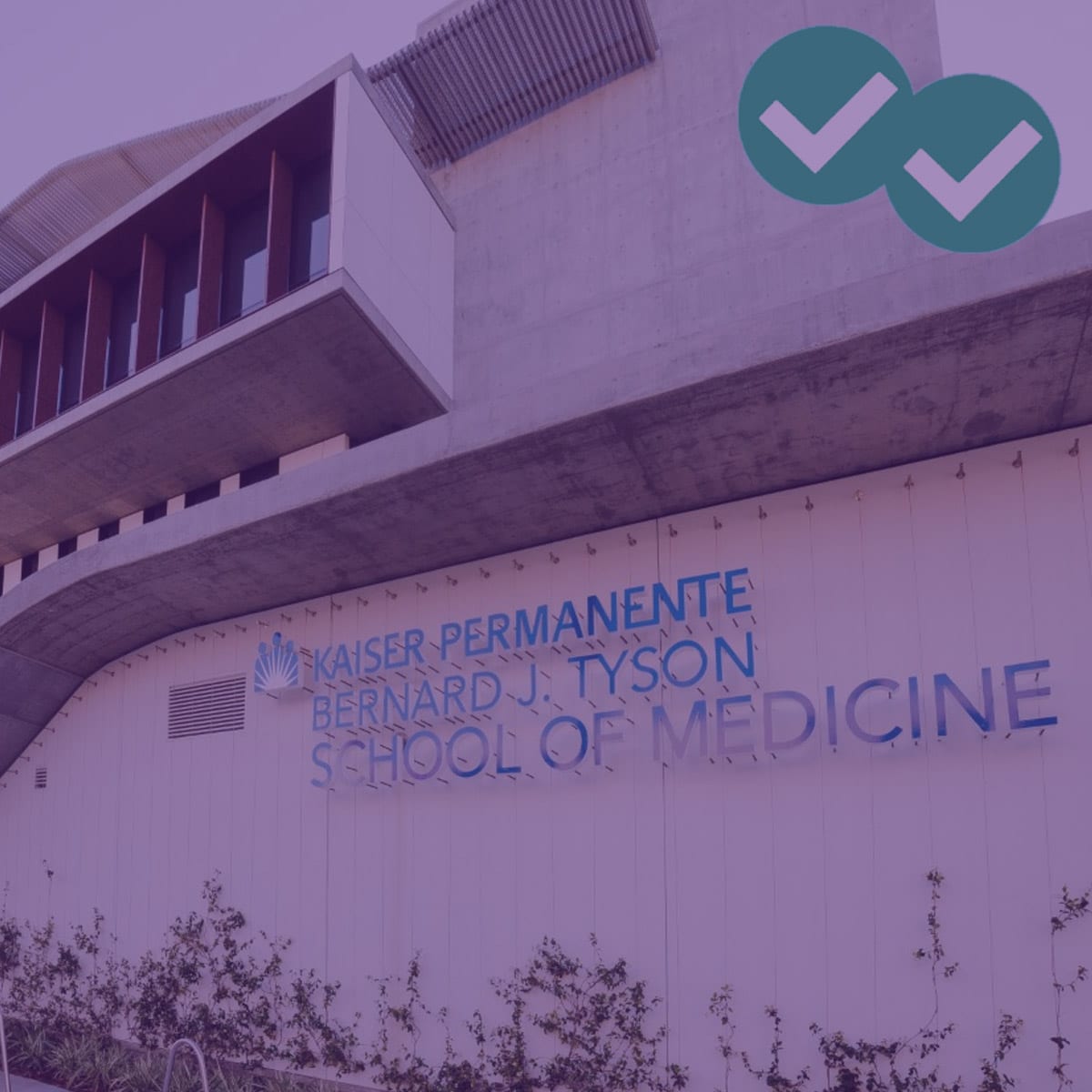
We tend to put a lot of emphasis on the MCAT for being the gate-keeper for medical school admissions. Wouldn’t it be great if we could just skip taking the MCAT all together? You may be surprised to know that some medical schools that don’t require the MCAT to get in.
There are schools that don’t require the MCAT!? Tell me more.
For traditional medical school admissions, students are required to complete a bachelors degree program, which includes the prerequisite courses of Physics, General Chemistry, Organic Chemistry, General Biology, English, and usually your choice of humanities courses. At some point during a student’s matriculation, he or she will then take the MCAT before applying to medical school.
However, BA/MD programs and BS/MD programs (as well as BA/DO and BS/DO programs) exist wherein students apply to joint degree programs while in high school and transition to medical school after completing a required number of hours towards their BA degrees. For many of these programs, the MCAT requirement is waived. Essentially, it’s like applying to medical school while still in high school. Granted, these programs do require stellar SAT or ACT scores, but they do save a lot of time and money by bypassing the MCAT for students who are particularly ambitious.
So, the schools that don’t require the MCAT require a joint degree?
B/MD and B/DO programs are basically fast-track/dual degree programs (often 6-8 years) that are cool because they guarantee admission to med school after successfully completing a bachelor’s degree, meaning there’s no reason to take the MCAT.
Here are the schools that offer B/MD and B/DO programs. Take your pick!
Early Assurance Programs (EAPs)
Another way to circumvent the MCAT is to enroll in an Early Assurance Program, or EAP. EAPs allow undergrads already in four-year institutions to apply to med school, without first completing their degree. Students can pursue non-medical fields of interest and these programs often do not require the MCAT before matriculating to med school. Some of these are limited to students at certain universities.
If you think an EAP might be a good fit for you, check out some of these programs:
- University of Toledo Medstart Program
- ICahn School of Medicine Flex Med Program
- University of Florida Junior Honors Program
- SUNY Upstate EAP
- SUNY Buffalo EAP
- Wake Forest EAP
- Georgetown EAP
- Tufts Medical School
- Maine Track at Tufts Medical School EAP
- Drexel College of Medicine EAP
- University of Rochester
- Albany Medical College EAP
- Brody School of Medicine
- Loyola Stritch School of Medicine EAP
- Boston University Early Medical School Selection Program
- Boonshoft School of Medicine (Wright State University)
- Geisel School of Medicine Early Assurance Program
- Penn State College of Medicine EAP
But I don’t want to do either of those things…
If you can’t see yourself doing a joint B/MD or B/DO and EAPs, you’re probably going to have to take the MCAT. While there used to be one school out there that didn’t require an the MCAT as part of its regular admissions process — Dartmouth’s Geisel School of Medicine — the school has since updated their requirements, and that’s no longer the case.
The takeaway here is, while there are technically some schools that don’t require the MCAT, most students decide to sit for the exam, since the alternatives aren’t exactly easier.
But at least you have options! 🙂







